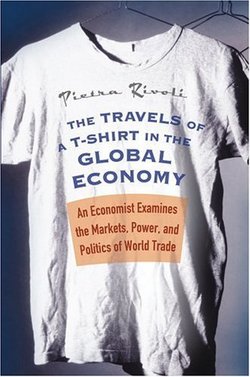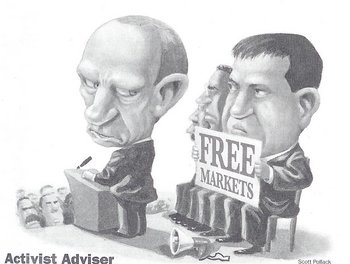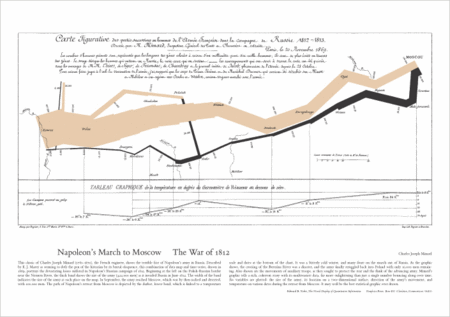WASHINGTON (AP) – The deadly shootings at a California mail processing plant are a grim reminder of cases in the 1980s and ’90s that raised public concern and brought the post office and its employees and supervisors together in an effort to end violence at work.
Postmaster General John Potter met with union leaders Tuesday to discuss the tragedy, while Deputy Postmaster General Patrick R. Donahoe headed to the scene of the shootings.
Donahoe urged all postal employees to stay vigilant about facility security.
“That’s the best line of defense to keep ourselves safe,” he said, urging workers to make sure all doors close correctly and all locks function properly, and that only authorized people are in postal facilities.
In the California case, the shooter had taken an identification badge from a postal worker at gunpoint, postal officials said.
A 1986 case in Edmond, Okla., resulted in 14 people being killed before a disgruntled carrier took his own life. It was followed by a series of killings stretching into the 1990s that led to the rise of the phrase “going postal.”
In 1992, the post office and several of its unions and supervisors organizations signed a joint statement calling for zero tolerance of violence in the workplace, as well as banning harassment, intimidation, threats or bullying.
Some incidents were traced to disputes between workers and their managers, and in the statement the Postal Service promised that people who do not treat others with dignity or respect would not be rewarded or promoted.
For the full story, see the online version of the Omaha World-Herald:
“Postal Shooting a Grim Reminder of Past.” Omaha World-Herald (Weds., February 1, 2006).





